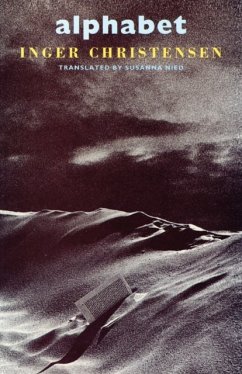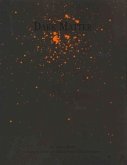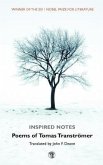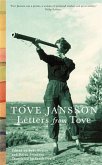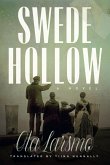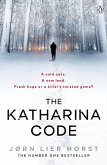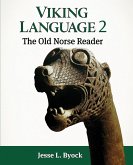Inger Christensen is one of Denmark's best-known poets. Her poetry reflects a complex philosophical background, yet it has enjoyed wide public popularity. Many of her poems have a visionary quality, yet she is a paradoxically down-to-earth visionary, focusing on the simple stuff of everyday life and in it discovering the metaphysical, as if by chance. In alphabet, Christensen creates a framework of psalm-like forms that unfold like expanding universes, crystallizing into words both the beauty and the potential for destruction that permeate our world and our times. In this collection, she has created a system by combining the alphabet with Fibonnaci's numeric sequence, in which each number is equal to the sum of the two preceding numbers: 0, 1, 1, 2, 3, 5, 8, 13, etc. alphabet is about the relationship between people and nature and, like it, is itself a form of creation. With the word exist as the pivot, the poems move -- from the first wondering confirmation, apricot trees exist -- out into the world to life and death, the planet and calamity.
Inger Christensen (1935-2009) was both a virtuoso and a paradox. Her fiction, drama, essays and children's books won her wide acclaim in Denmark and other European countries, but it is her poetry spanning a forty-year period that best reveals her versatility and depth. Her poetry reflects a complex philosophical background, yet her most complex
Inger Christensen (1935-2009) was both a virtuoso and a paradox. Her fiction, drama, essays and children's books won her wide acclaim in Denmark and other European countries, but it is her poetry spanning a forty-year period that best reveals her versatility and depth. Her poetry reflects a complex philosophical background, yet her most complex

